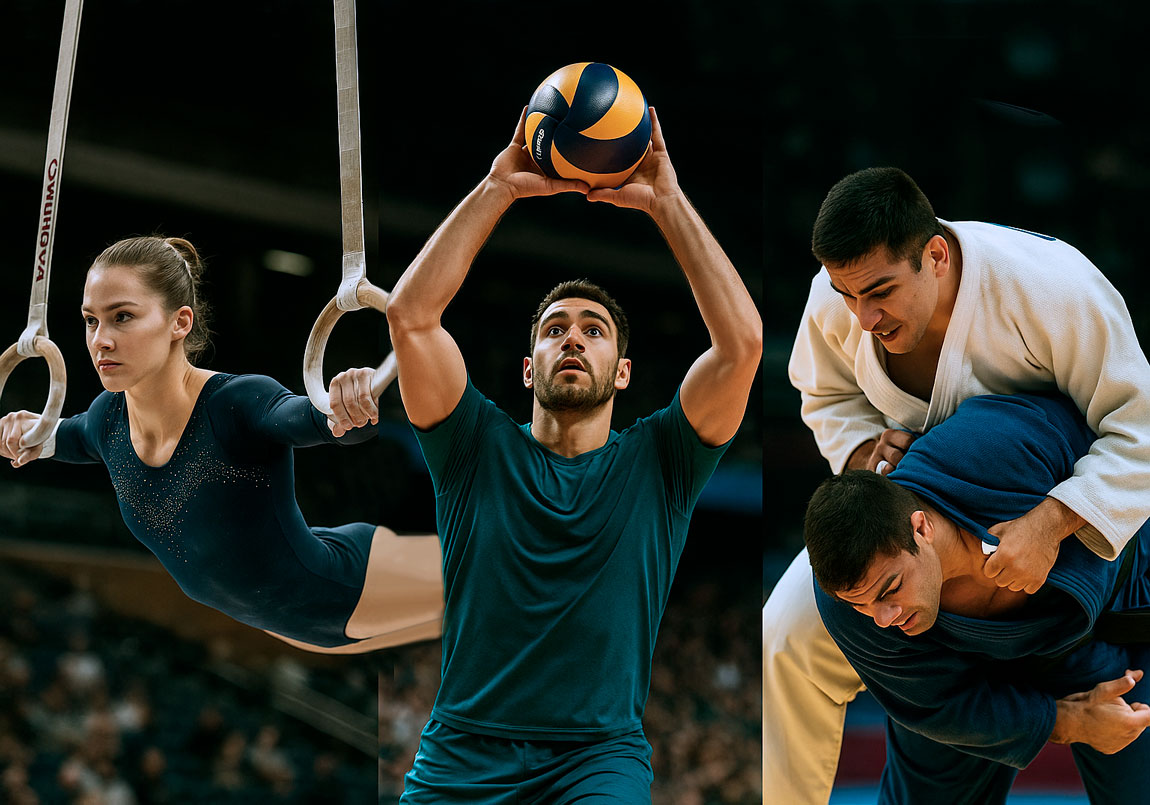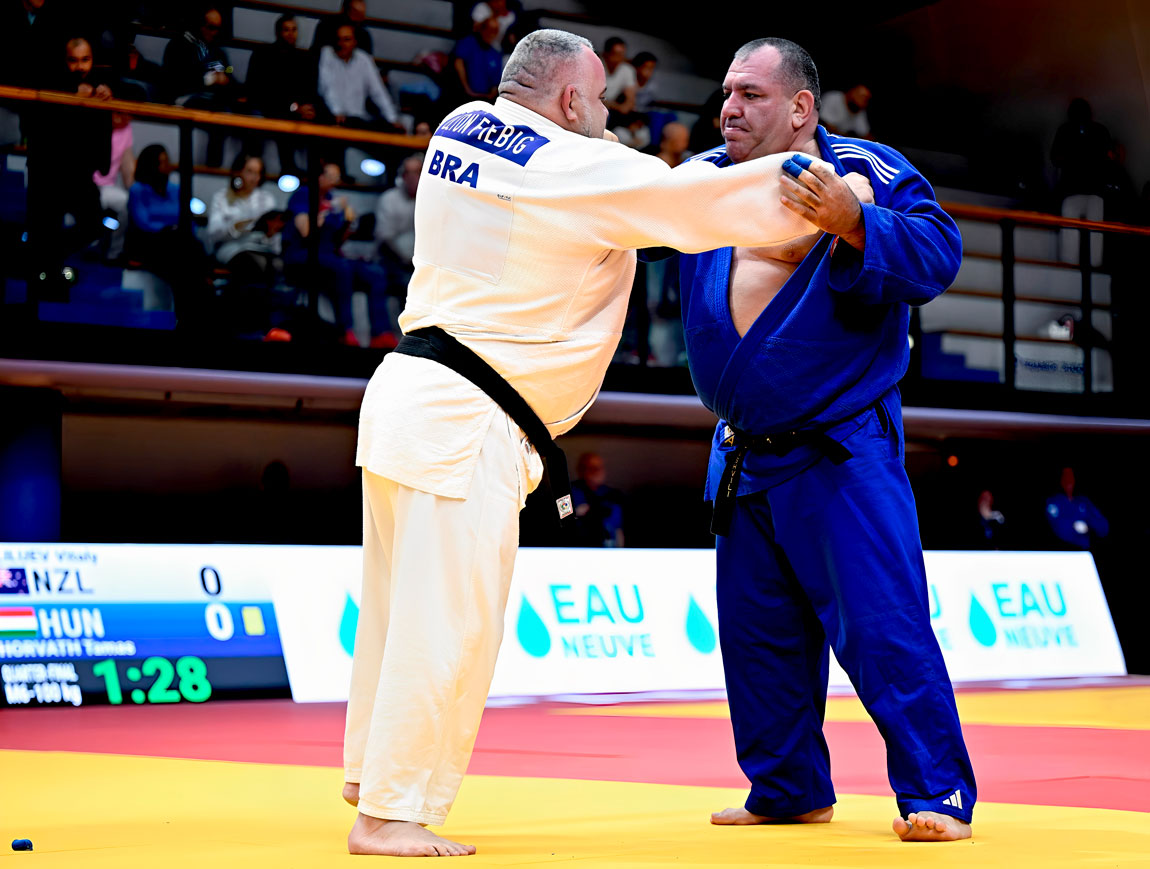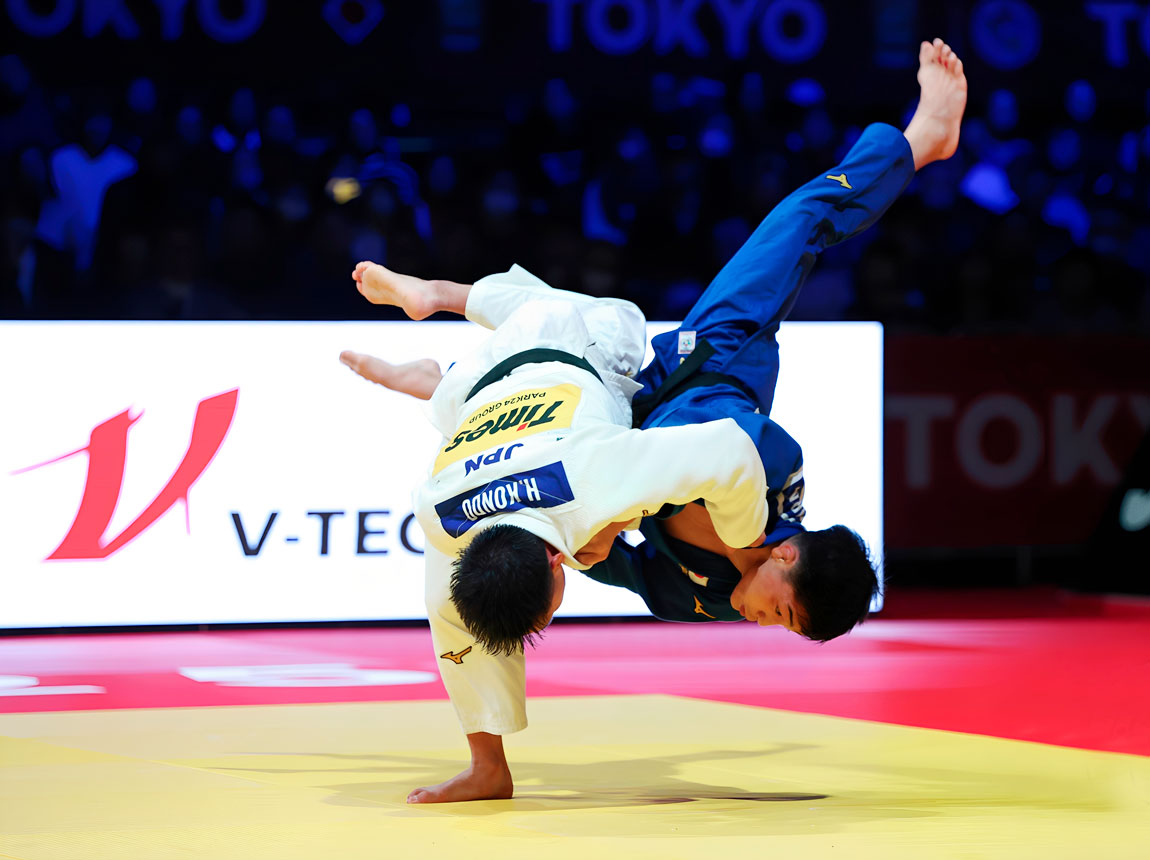12 de dezembro de 2025

 Ney Wilson and Silvio Acácio Borges at the elective assembly held in march 2017 at the Windsor Plaza Hotel in Copacabana
Ney Wilson and Silvio Acácio Borges at the elective assembly held in march 2017 at the Windsor Plaza Hotel in Copacabana
Premature process, triggered by CBJ president himself in november 2018, exposes a multi-name board for march 2021 claim
Sports Management
September 17, 2019
By PAULO PINTO I Photos GLOBO / BUDOPRESS / JOÃO COTTA / FACEBOOK
Curitiba – PR
Traditionally the electoral process of the Brazilian Judo Confederation (CBJ) begins after the end of the Olympic Games and culminates in the actual elective assembly, which by law must take place by March 15 of the following year.
However, the lack of command and the political fragility of the current administration have already triggered the succession process at CBJ, paradoxically triggered on November 21, 2018 by Silvio Acácio Borges himself. The president of the entity launched for reelection during the extraordinary general meeting held at the entity’s headquarters in the Botafogo neighborhood of Rio de Janeiro. Such an attitude, as we have been informed, even contradicted Paulo Wanderley Teixeira, president of the Brazilian Olympic Committee, who behind the scenes repudiated the unthoughtful act of his successor by launching a candidate without his consent.

According to the most senior professors of Rio de Janeiro, Olympic medalist Flavio Canto is one of the most ardent supporters of the candidacy Ney Wilson
During the workshop of Japanese master Hirotaka Okada, held in February this year at the Carioca 3 Arena by FJERJ, it was widely commented that olympic medalist Flávio Canto was already announcing that Ney Wilson Silva, CBJ’s high-yield manager, will be the next president of CBJ.
Now we have received the information that the president of the Paulista University Federation (Fupe), Aurelio Miguel, another tatami giant, is already campaigning to elect Ney Wilson, a fact revealed by several athletes and people who were with the olympic champion, who was the Tokyo at the invitation of CBJ’s high-yield manager.
But if olympic medalists are campaigning, the CBJ president is not standing still. Even with the severe financial crisis that plagues the country and especially the entity, Sílvio Acácio Borges does not miss an opportunity to campaign, providing international trips to the presidents of state federations.

Members of the CBJ Technical Commission, Former Councilman Aurelio Miguel, Olympic Medalist Walter Carmona, Akio Shiba and Sebastian Pereira, Junior World Champion and COB Talent Identification and Development Manager celebrating bronze by mixed teams in Tokyo
In all grand slams and grands prix, the leader sends one or more presidents to tour abroad, repeating a practice instituted by the late professor Joaquim Mamede, former president of CBJ, who created schemes criticized by his opponents, but they continue to this day.
Only for the Tokyo World Championship, Silvio Acácio sponsored the trip of two state presidents with funds from the Ministry of Sport and the Brazilian Olympic Committee.
Unsustainable policy framework
However, given the numerous failures accumulated in just over two years of management, a significant number of state presidents (especially those overruled by the president of CBJ) have expressed enormous dissatisfaction with the current administration. While everyone remains true to the tradition of starting the campaign from the Tokyo 2020 Games, it is clear behind the scenes that the internal dispute has extrapolated what had been the norm or even political pact for almost 20 years.
Another surprising fact is that, during the period when Paulo Wanderley Teixeira was in command of the CBJ, the elective process always took place around two names or a single candidacy. Today, in addition to Ney Wilson and the president of the organization, two more leaders are involved in the election scheduled for March 15, 2021.
Even because of its leading role in the technical and arbitration areas, São Paulo emerges as a natural force to always be considered for the election and according to what is said behind the scenes, this time the Northeast will present its own application.
Apparently a lot of water will still pass under this bridge. It remains to be seen whether by the date of the elective assembly anything will be left of the CBJ, which was legacy to us by Paulo Wanderley and the team of professionals who raised Brazilian judo to the highest level in sports management.

12 de dezembro de 2025

12 de dezembro de 2025

09 de dezembro de 2025